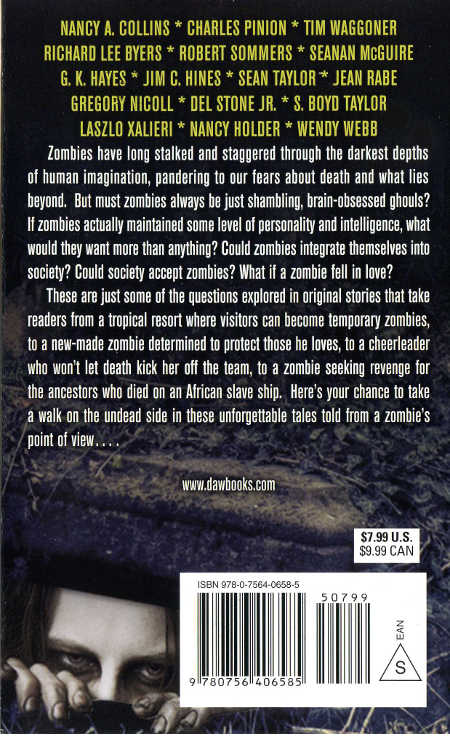October 31, 2010 · Posted in Everything Else
October 20, 2010 · Posted in Everything Else
October 16, 2010 · Posted in Everything Else
October 11, 2010 · Posted in Everything Else
October 3, 2010 · Posted in Everything Else
October 1, 2010 · Posted in Everything Else
Categories
Archives
- January 2018
- January 2016
- June 2015
- May 2014
- January 2014
- October 2013
- June 2013
- April 2013
- March 2013
- February 2013
- November 2012
- October 2012
- September 2012
- August 2012
- July 2012
- June 2012
- May 2012
- April 2012
- March 2012
- February 2012
- January 2012
- December 2011
- November 2011
- October 2011
- September 2011
- August 2011
- July 2011
- June 2011
- May 2011
- April 2011
- March 2011
- February 2011
- January 2011
- December 2010
- November 2010
- October 2010
- September 2010
- August 2010
- July 2010
- June 2010
- May 2010
- April 2010
- March 2010
- February 2010
- January 2010
- December 2009
- November 2009
- October 2009
- September 2009
- August 2009
- July 2009
- May 2009
- March 2009
- February 2009
- December 2008
- November 2008
- October 2008
- September 2008
- August 2008
- July 2008
- June 2008
- May 2008
- April 2008
- March 2008
- February 2008
- January 2008
- December 2007
- November 2007
- October 2007
- September 2007
- August 2007
- July 2007
- June 2007
- May 2007
- April 2007
- March 2007
- February 2007
- January 2007
- October 2006
- September 2006
- July 2006
- June 2006
- May 2006
- April 2006
- March 2006








